Ghana
Ghana’s central bank on Wednesday lowered its key interest rate by three per cent as the country’s inflation eases and it emerges from its worst economic crisis in decades.
The monetary policy committee voted by a majority decision to cut rates from 28 per cent to 25 per cent, the largest drop in its history.
The bank says the move reflects growing confidence in the disinflation trend, which has seen consumer prices fall faster than ever before.
Consumer inflation eased in June to 13.7 per cent year-on-year, down from 18,4 per cent, the sixth consecutive monthly drop.
At the same time, since the start of the year, the local currency - the cedi -- has appreciated by more than 40 per cent against the US dollar.
This improvement has been supported by stronger external buffers, rising exports, and growing investor confidence.
But despite the progress, including reduced fuel and transport costs, many ordinary Ghanaians face hardship as the cost of living continues to rise.
While food inflation has eased, at 16.3 per cent it remains above the overall inflation in July.
Earlier this month, the International Monetary Fund said the major cocoa and gold producer Ghana was making headway in the economic reforms and debt restructuring embarked on since President John Mahama came to office in January.




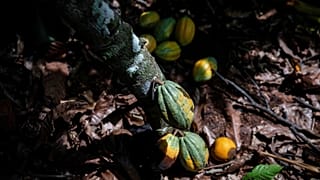
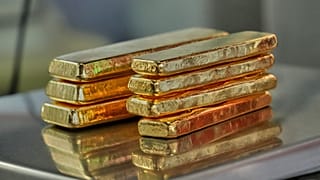



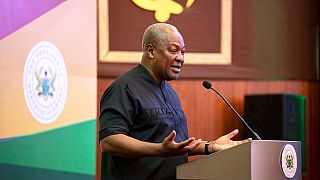
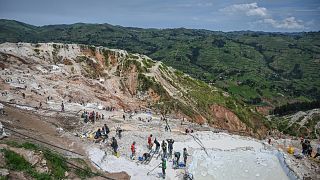
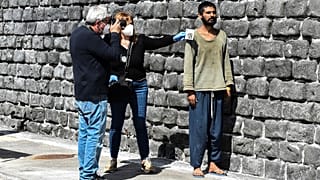

01:09
Ghana: Mixed reactions after government grants passport to IShowSpeed
01:00
Pix of the Day January 27, 2026
11:17
Eco-charcoal gains traction as a cleaner, cheaper alternative to firewood {Business Africa}
Go to video
Man City Close in on league cup final as Semenyo strikes
00:51
Nigeria to revise inflation reporting after artificial spike expected in December
01:12
Iran warns Washington it will retaliate if the US launches an attack